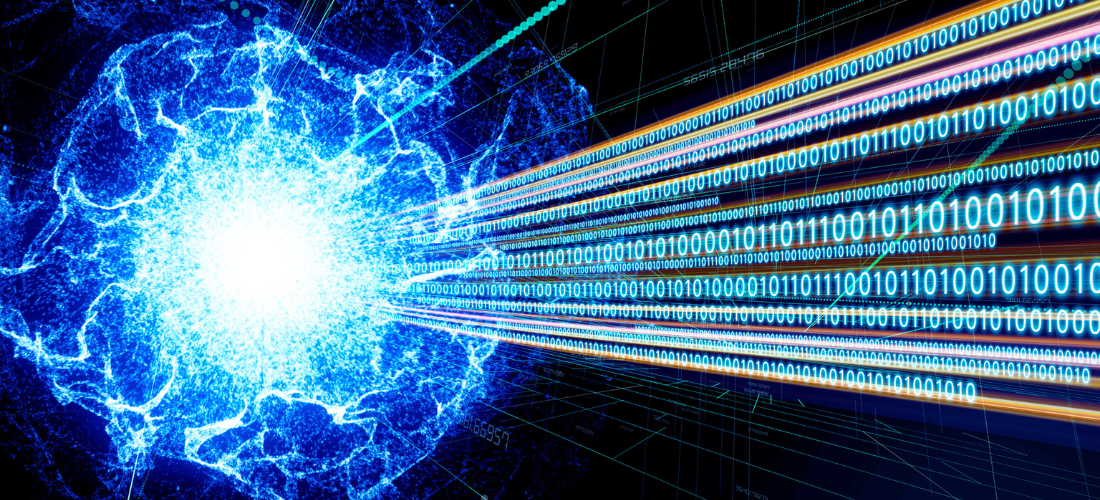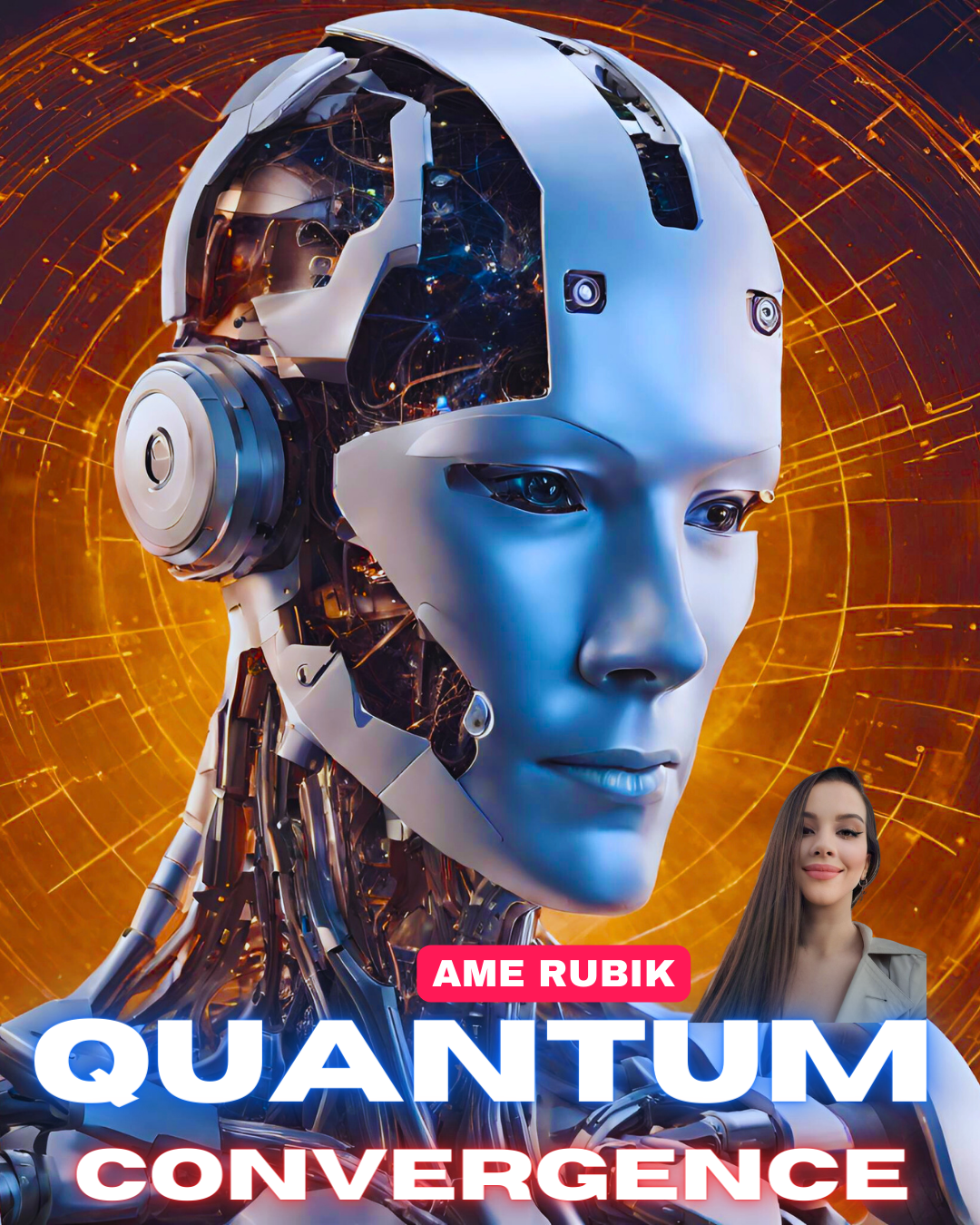
Quantum Algorithms: Beyond Traditional Classification
The cognitive revolution embarks on a daring journey with the bold transition from classical algorithms to quantum ones, reshaping the landscape of computer engineering. Grounded in the principles of quantum mechanics, these algorithms leverage phenomena such as superposition and advanced techniques, triggering a quantum leap in computational efficiency compared to their classical counterparts.
At the heart of this transition lies the unique ability of quantum algorithms to operate in multiple states simultaneously. Quantum superposition allows quantum bits, or qubits, to explore various solutions in parallel, catapulting processing efficiency to exponentially higher levels. This once-theoretical feature has now materialized in practice, unlocking a spectrum of applications previously unimaginable.
The implementation of quantum algorithms in the realm of artificial intelligence unleashes uncharted potential. Improved speed and processing capacity not only optimize everyday AI tasks but also offer novel solutions to intricate computational challenges that once seemed insurmountable. From optimizing machine learning algorithms to simulating complex biological processes, quantum algorithms stand as architects of a new computational paradigm.
This paradigm shift signifies not only technological advancement but also establishes the groundwork for a new era in computer engineering. The convergence of quantum theory and artificial intelligence drives innovation into yet unexplored territories. The cognitive revolution, spearheaded by quantum algorithms, promises to redefine not only how we process information but also what is conceivable in the vast horizon of computing.

Quantum Computing and Processing Power: Transforming the Future of Computing
At the epicenter of this revolution, quantum computing emerges as an innovation transcending conventional limitations, essentially reshaping our understanding of information processing capacity. The unique ability of quantum superposition, where qubits can exist in multiple states simultaneously, unleashes a transformative wave that elevates processing speed to previously uncharted heights.
Quantum computing leverages superposition to perform simultaneous calculations on a scale challenging even the most advanced classical processors. This exponential increase in processing capacity not only redefines theoretical limits but also materializes new practical frontiers. From massive data analysis to the precise simulation of complex systems, quantum computing stands as the catalyst redefining the foundations of what is conceivable in real-time decision-making.
This exponentially superior processing capability not only accelerates the resolution of complex problems but also poses the possibility of addressing challenges previously considered insurmountable. Real-time decision-making, powered by quantum computing, takes on a new dimension, allowing adaptive and precise analysis that dynamically adjusts to changing conditions.

Quantum Decision-Making: Transcending Determinism
In the realm of decision-making, quantum artificial intelligence introduces a radically different paradigm from traditional determinism. By harnessing quantum superposition and quantum probability, quantum systems can simultaneously evaluate multiple solutions, providing a dynamic, rich, and adaptive perspective to the decision-making process. This fundamental shift not only enhances decision accuracy but also opens doors to successfully addressing complex problems that historically challenged the capabilities of classical systems.
Quantum superposition allows quantum bits, or qubits, to exist in multiple states simultaneously. In the context of decision-making, this implies that a quantum system can explore various solutions in parallel, rather than following a single deterministic path. This simultaneous exploration of multiple options provides a more comprehensive and adaptable view, especially valuable in environments where uncertainty and variability are the norm.
Quantum probability, inherent to quantum mechanics, adds an additional layer of sophistication to the decision-making process. Instead of following fixed trajectories, quantum systems can assign probabilities to different outcomes, allowing for more flexible and contextual decision-making. This non-deterministic approach not only improves overall precision but also enables a more effective response to sudden changes or new information.
This shift towards quantum decision-making not only represents a quantum leap in the adaptability of artificial intelligence systems but also unleashes significant potential in solving complex problems and optimizing outcomes. In a world characterized by complexity and dynamism, quantum decision-making stands as a guiding beacon toward a horizon where adaptability and precision converge to redefine possibilities in automated decision-making.

Quantum Entanglement: Transcending the Limits of Interconnection
At the very heart of the cognitive revolution, quantum entanglement emerges as a key player, playing a crucial role in redefining how quantum systems interconnect and collaborate. This capability, fundamental to quantum mechanics, enables the instant connection of quantum bits, known as qubits, regardless of the physical distance that separates them, giving rise to a globally interconnected network that transcends classical limitations of information transmission.
Quantum entanglement establishes a unique and unprecedented connection between qubits, generating a network unaffected by physical distance. This intricate phenomenon allows information to be instantly shared between quantum systems, enabling seamless collaboration and virtually instantaneous data transmission. In this new paradigm, collaboration in artificial intelligence unfolds in a symphony of harmony, where distributed systems work together coherently and coordinately.
This globally interconnected network, enabled by quantum entanglement, transcends temporal and spatial limitations. Artificial intelligence systems, though geographically distributed, can share information instantly and, even more remarkably, without loss of coherence. This unique property enhances the efficiency and effectiveness of real-time collaboration, allowing advances and discoveries at one end of the network to be reflected immediately in others.
This ability to instantaneously connect quantum systems globally represents a monumental milestone in computer engineering, where collaboration becomes a harmonious flow of coherent information, regardless of the physical barriers that may exist. In this quantum environment, collaboration and interconnection transcend conventional limitations, marking a bold step towards the future of distributed and global artificial intelligence.

Conclusion
In conclusion, the transition to quantum artificial intelligence represents an unprecedented milestone in computer engineering, where the convergence of superposition, entanglement, and quantum algorithms shapes a fundamental metamorphosis in processing capacity and decision-making. This revolution not only unlocks new frontiers in computing but also lays the groundwork for an entirely new and exciting computer paradigm.
This shift towards quantum artificial intelligence is not just an evolution; it is a revolution that triggers a new era in computing. It sets the stage for solving problems once considered insurmountable and anticipates a future where quantum computing is not just a tool but a new language for understanding and transforming the digital world. In this thrilling horizon, possibilities are limitless, and quantum artificial intelligence positions itself as the driving force that redefines, reinvents, and revolutionizes how we interact with information and make decisions in the vast digital universe.



